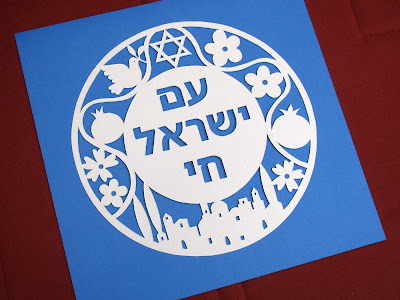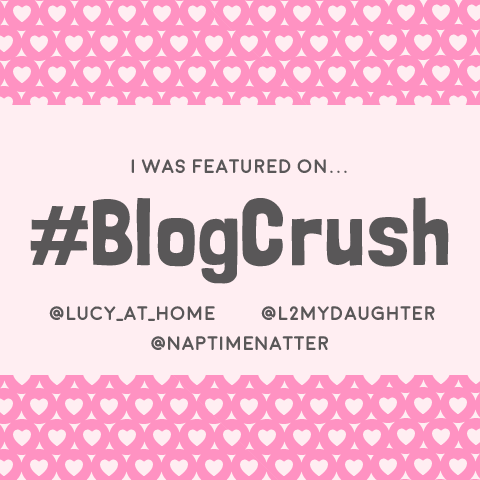The phrase Am Yisrael Chai gained popularity during the
Student Struggle for Soviet Jewry, when rabbi and songwriter
Shlomo Carlebach, who was already popular for his melodies put to Hebrew prayers,
composed the song for the movement's 1965 solidarity rally in New York
City.
The song's lyrics are derived from a story in the Book of Genesis in which Joseph, having revealed himself to his brothers, asks if their father is still alive (Hebrew: הַעוֹד אָבִי חַי). Carlebach added the words Am Yisrael Chai and, for the song's refrain, changed the words "is my father still alive" to "our father still lives" (Hebrew: עוֹד אָבִינוּ חַי).
The song's lyrics are derived from a story in the Book of Genesis in which Joseph, having revealed himself to his brothers, asks if their father is still alive (Hebrew: הַעוֹד אָבִי חַי). Carlebach added the words Am Yisrael Chai and, for the song's refrain, changed the words "is my father still alive" to "our father still lives" (Hebrew: עוֹד אָבִינוּ חַי).
One of the earliest references to Am Yisrael Chai was at the Second
World Jewish Conference in 1933, summoned to fight Hitler's new Nazi regime
through economic boycott. Rabbi
Stephen Samuel Wise, the reform rabbi and Zionist leader, ended the final address by
declaring to the crowd:
"We are prepared to defend ourselves against the will of Hitler Germany to
destroy. We must defend ourselves because we are a people which lives and
wishes to live. My last word that I wish to speak to you is this - our
people lives - Am Yisrael chai!"
On 20th April 1945, five days after the Bergen-Belsen concentration camp was liberated, British Army chaplain Rabbi Leslie Hardman led a Friday evening Shabbat service for a few hundred survivors at the camp. Knowing the service was being recorded by the BBC radio service, he proclaimed Am Yisrael Chai, "The people of Israel live" at the conclusion of the service, after singing Hatikvah, now the national anthem of the State of Israel.
On 20th April 1945, five days after the Bergen-Belsen concentration camp was liberated, British Army chaplain Rabbi Leslie Hardman led a Friday evening Shabbat service for a few hundred survivors at the camp. Knowing the service was being recorded by the BBC radio service, he proclaimed Am Yisrael Chai, "The people of Israel live" at the conclusion of the service, after singing Hatikvah, now the national anthem of the State of Israel.
Am Yisrael Chai was sung during the
Six Day War and at
the end of the
Yom Kippur War.
In 1983 Ofra Haza, the Israeli singer, songwriter and actress, represented Israel
in the Eurovision Song Contest with the song "Chai" ("Alive"). The
words Am Yisrael Chai were part of the chorus. In 2009,
Israeli Prime Minister
Benjamin Netanyahu
inscribed the words Am Yisrael Chai in the guestbook of the
Wannsee Villa in
Berlin.
After an Israeli court rendered a guilty verdict for
John Demjanjuk in
1986, two songs were sung outside the courthouse:
Ani Ma'amin, "I believe", which was sung in concentration camps, and
Am Yisrael Chai.
Today Am Yisrael Chai is often used by Jewish people around
the world to express support and solidarity with Israel, especially now
during the Israel-Hamas war.
If you would like to order my Am Yisrael Chai papercut, just
leave me a comment or use the email me button on the right hand side, below my
social media buttons. Please be sure to note which colour backing paper you
would like. The papercut costs $75 + postage and packing. It fits into a
square 23x23cm frame (or a larger frame with a mount). You will receive this
papercut UNFRAMED.
* This post has been shared on
The Good. The Random. The Fun.,
Wordless Wednesday (on Tuesday) and
Farmhouse Friday.


















.png)


























15 comments:
It's really interesting to see the progress from sketching out a design to the finished product. I wonder hoe long it take to create a paper cut like this?
#MMBC
Thank you! I'll be sharing this with a group that consists of Jewish and non-Jewish friends. Your talent in art and words inspire. Again, thank you.
Your art continues to amaze me, but I must commend you on the informative post. It is sad that all people do not understand the significance of the phrase
Am Yisrael Chai - The People of Israel Live.
A beautiful papercut made with love and care. Thank you for sharing the story behind it.
I love this - both the papercut and the story behind the phrase. Such beautiful work. xx
That looks beautiful, the detail in it is amazing.
How interesting to read, especially about the meaning of the phrase. x
Your work is always so meticulously done.
The word "shalom" has become important to me - as I understand it, this word means far more than "peace", and reading about some of the concepts this word embodies ahs mad it special to me. Have you ever used your art to "write" this word? I'd love to see it.
Thank you for sharing at http://image-in-ing.blogspot.com/2024/08/a-peek-behind-scenes.html
Rabbit Wise used the expression in 1933 just before most of Am Israel did not Chai. If only the world was more peaceful and safe in this generation.
Rabbi
That is such a beautiful work of art and I loved hearing about the meaning behind the expression.
Your paper cut is just beautiful. As many times as I have said- Am Yisrael Chai- I never thought about its history and origins. Thanks for the background information. Prayers for Israel ! AM YISRAEL CHAI!!!
This is absolutely gorgeous. What a meaningful piece! Thanks for sharing all the touching history behind it. You've done a beautiful job. Visiting from the Crazy Little Love Birds linkup.
Beautiful papercut and it's nice to learn the meaning behind your work too. xx
This is beautiful and meaningful. I pray for a day when the people of Israel live in peace.
I loved learning the history behind it. You created this piece with much love and care. Such a beautiful piece. Thank you for sharing it with us at The Crazy Little Lovebirds link party #50.
Post a Comment